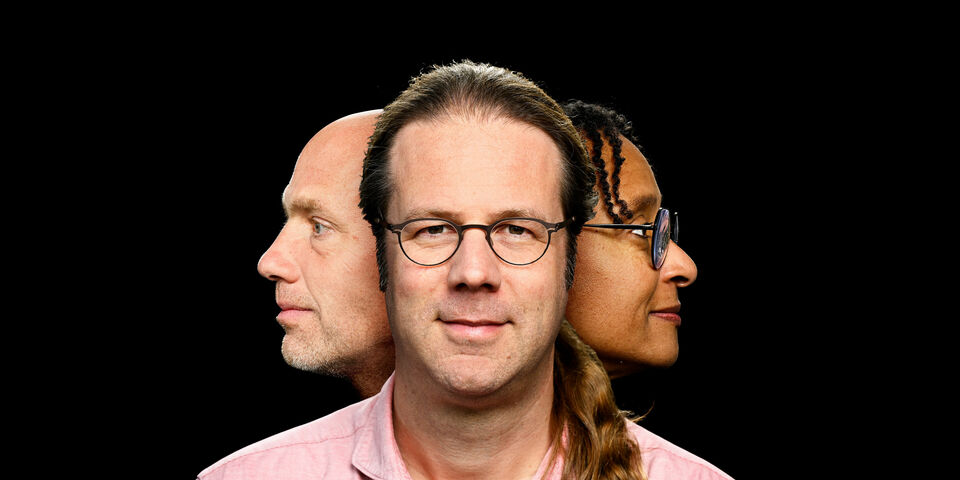Our primary education responsibility
Our primary and secondary education is in a downward spiral of unproven educational innovations, leading to a sharply declining command of the Dutch language and arithmetic/mathematics by school children. The fact that the performance of boys, compared to girls, is even poorer should be of additional concern to us as a technical university.
Every child (whether from a disadvantaged or advantaged background; eager to learn or not; theoretical or practical; girl or boy) goes through primary and secondary education in the Netherlands. Although it is claimed that the feminization of primary education has no effect on the school performance of children, I strongly disagree. It seems to me that role models are many times more relevant in both primary and secondary education than at university level.
Every year, more than 5000 students start studying psychology at Dutch universities and more than 2000 choose to do "something with communication". (In my opinion, this is no testimony to the quality of current pre-university education.) Strangely enough, neither executive boards, the young academies, nor the network of women professors are sounding the alarm about the very low proportion of men (<20%) who opt for this type of study. Gender equality is apparently not important if women are heavily overrepresented.
Controlling public perception seems to have become the way to solve problems in education, so that the real problems can be ignored. Our current minister seems to go along with this and wants to ban, for example, certain language such as "higher education". He also believes that it should be possible to obtain a PhD at an HBO or MBO institution. These are typical examples of cosmetic tricks and the lowering of standards, which allow the underlying problem, the quality of our primary and secondary education, to remain unaddressed. Anyone with any common sense knows that the imposition of language is not going to lead to more, and certainly not to better, engineers.
At TU/e, I don't feel the above problem is widely discussed. We mainly signal that bringing in external talent is the most important solution to the declining student intake in science and technology. However, if universities do not contribute significantly to improving our primary and secondary education, even fewer Dutch students will opt for STEM in the future (absence of role models; parents who have studied economics or social sciences; school-leaving level too low, especially compared to other countries). Such a race to the bottom will end at some point.
It is time to make stark choices and embrace a long-term vision of education, one that aims to inspire and, above all, facilitate young people with a talent for technology. For the sake of Dutch society and our prosperity, we simply cannot rely on more communication experts and life-style coaches. Let’s hope that the incoming government will see this and develop a concomitant policy, and that the universities will support it and help to greatly improve our primary and secondary education. Only then would a (probably temporary) large influx of international students be able to count on broad public support.
P.S. Below are some concrete proposals for the upcoming coalition agreement (all budget-neutral):
- Oblige primary schools to dedicate more time to reading and arithmetic (and yes, this will be at the expense of speaking in front of the class, crafts, circle discussions, reflection reports and student tracking systems).
- Decouple the training of nursery teachers from teacher training for the upper grades.
- Direct a minimum percentage of primary funding in primary, secondary, MBO and HBO education to classroom teachers.
- Spend a minimum percentage of primary funding at universities on research and education.
- Cap certain university courses (for two proposals, see above).
- Charge no tuition fees for STEM courses (MBO, HBO, WO) and master's of education degrees; these to be fund from higher tuition fees charged for other degree programs.
- Get Dennis Wiersma back as Minister of Education; I'd rather have someone who gets angry every now and then in an effort to improve things than the annual ritual of endless discussions about the national shame of the PISA scores.
Luc Brunsveld is a Professor Chemical Biology at TU/e. The views expressed in this column are his own.


Discussion